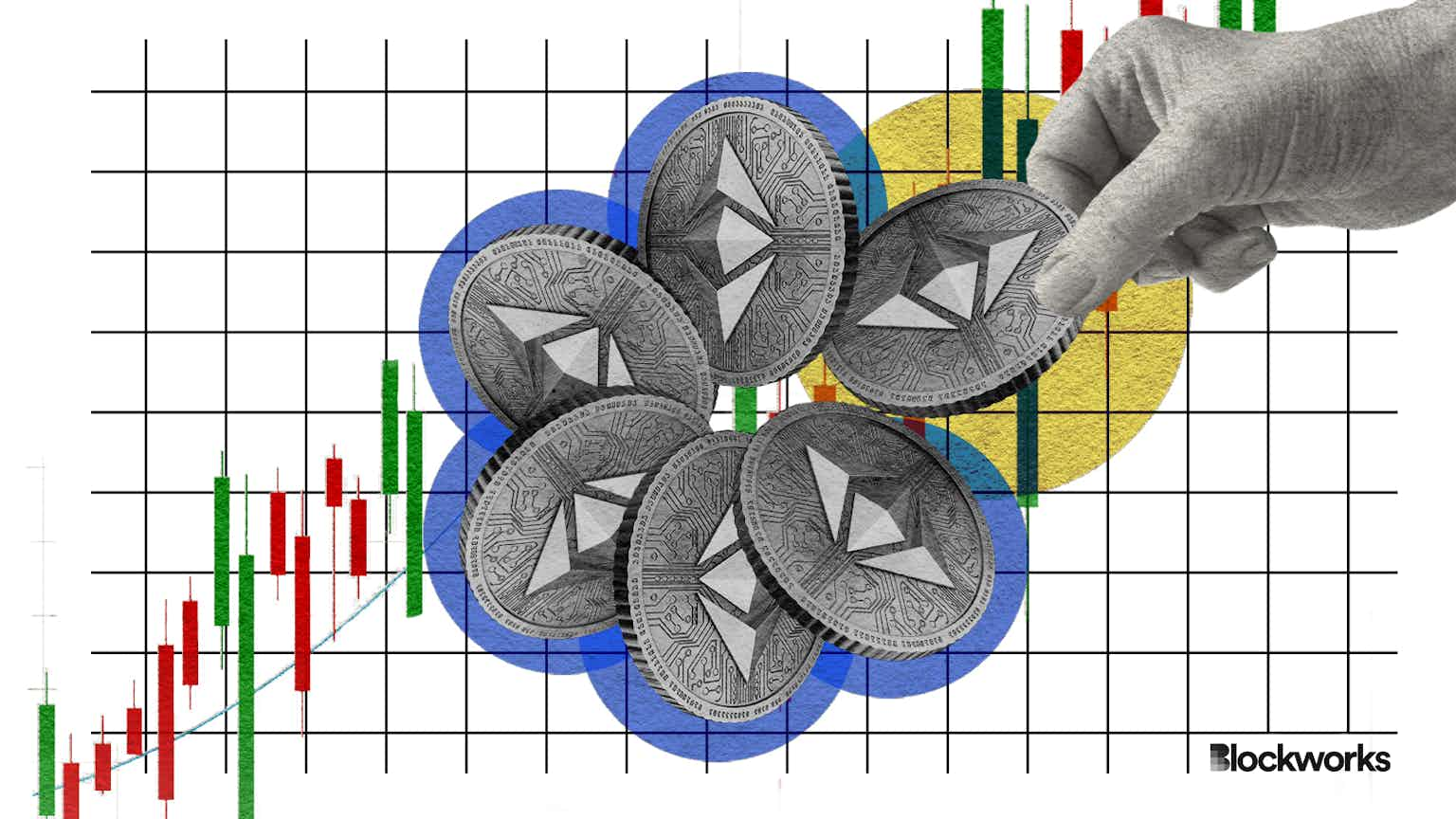4,500 Doxed Tokensoft Users, a Rush on Cold Storage Wallets: Where’s the Silver Lining?
If crypto is to evolve, more people need to learn that exchanges are not necessarily the safest place for their assets – and their data safety is paramount.

Many might question the wisdom of launching a public fundraising event in the crypto space at the same time as trust in the sector is bottoming out.
But Tokensoft, a token sale platform in the process of creating The Soft DAO and airdropping governance tokens to users, seems to have given the crypto community an extra reason to think twice about sharing personal information.
Recent events with FTX’s solvency crisis and eventual bankruptcy filing led many crypto users to panic over their frozen funds this week.
Now around 4,500 participants in their airdrop have a new reason for concern, after a community manager in the Tokensoft Discord channel going by the name Nick G. appeared to upload a document to the IPFS containing the names, addresses, IP addresses, email addresses and Ethereum wallet addresses of thousands of users.
Doxing users is about the worst thing a crypto company can do, short of using their funds to fuel risky trades on a Bahamian exchange.
It may be a simple mistake: The Discord user may have thought he was uploading a list of ETH addresses only, and with the intent to illustrate addresses that were allegedly “gaming the airdrop”.
Blockworks reached out to Tokensoft and had not received a response at the time of publishing.
A leading crypto security expert told Blockworks that “Doing your own research is important, but knowing what data you’re giving to a new entity is also important. Before YOLOing into angel deals or token sales, it’s important to ask people where they’re keeping your data and what their policies are for deleting it and sharing it. As an easy 101 tip, never upload images of IDs or docs, and don’t send via Telegram or email without encryption or password protection.”
It’s not the first time this week that crypto users were reminded that trust can be misplaced.
FTX makes the case for self-custody
Most FTX customers, if not in the Bahamas, were unable to withdraw funds stored on the exchange. And some crypto owners are now learning a lesson about self-custody the hard way.
Many of those customers turned to hardware-based cryptocurrency wallet providers like Ledger and Trezor as a result. According to Ian Rogers, chief experience officer at Ledger, Thursday was their customer support teams’ most active day this year.
“Over 40% of requests came from users who wanted to safely move their crypto from exchanges to the safety of their Ledger Nanos,” Rogers said.
Due to the sudden surge in traffic on Wednesday, Ledger Live — the app integrated with the hardware device — experienced a server outage, which left users unable to send or withdraw funds. The issues were resolved after about one hour.
“We had an unusual load on the device manager service, which is likely to have been users updating their device for the first time in a while or using a brand new device for the first time,” Rogers told Blockworks.
Rogers added that Ledger is “seeing its highest rate of sales ever, with 7x growth week-over-week,” especially since the first signs of the crypto bear market in spring of this year.
A representative of SatoshiLabs, which markets the Trezor crypto hardware wallet, told Blockworks that it has seen comparable spikes in sales and traffic this week that correlate with reports of a Coinbase liquidity crisis in July and the Celsius crash in June.
Trezor saw its revenue from sales triple over Wednesday and Thursday, and traffic to its e-commerce site grow by 350% over the same period, according to the company.
Josef Tetek, brand ambassador for Trezor stated that while exchanges may provide a middleman service between sellers and buyers, “their incentive is to maximize earnings even when it’s not in their customers’ best interests.”
He added that exchanges “should never need to hold your keys for you.”
His words reference one of the most popular refrains of the crypto world and one that holds particularly true after this week’s events: Not your keys, not your coins.
Start your day with top crypto insights from David Canellis and Katherine Ross. Subscribe to the Empire newsletter.





